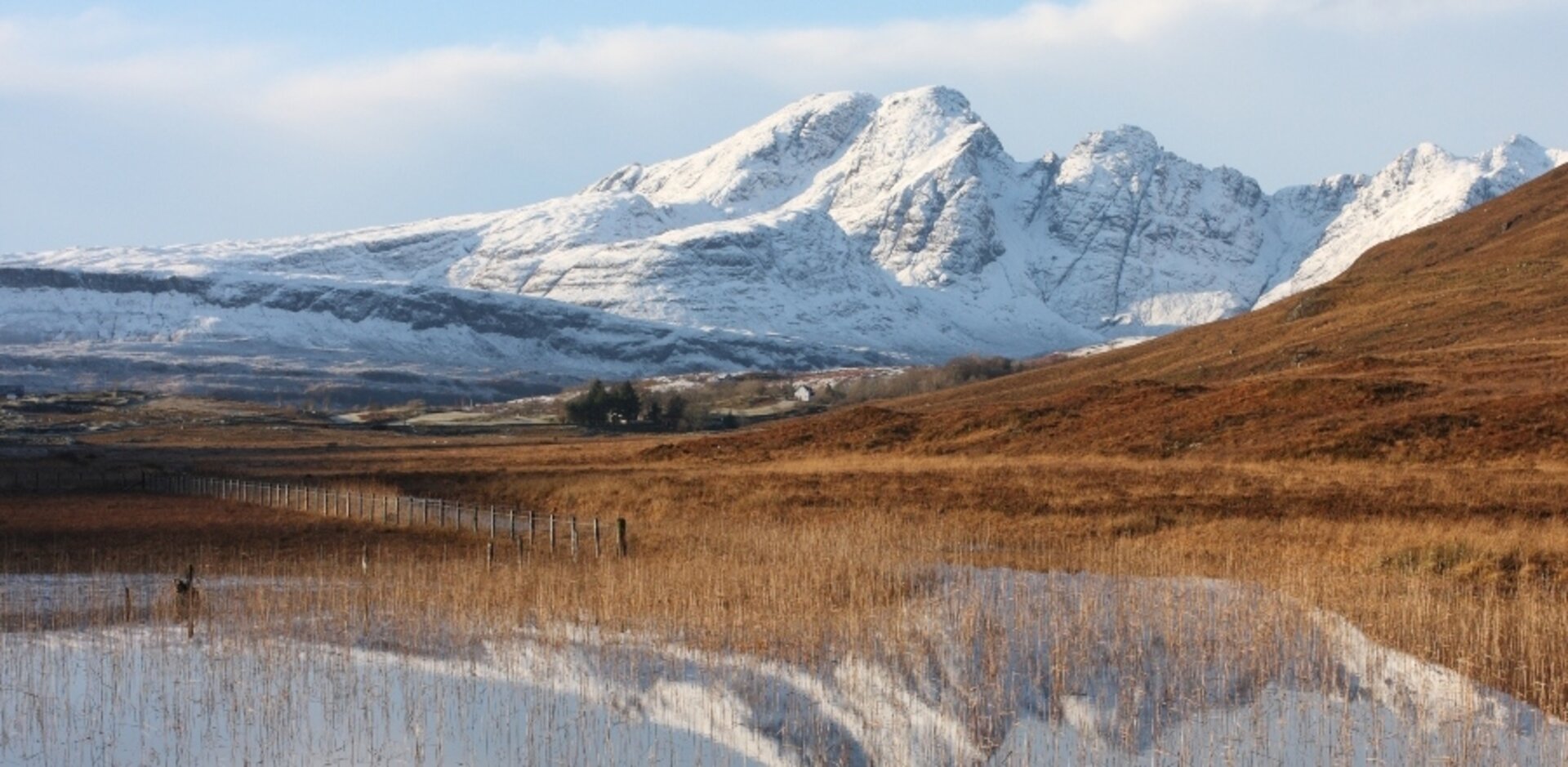Skye "highly vulnerable" to international travel slump

Skye is “highly vulnerable” to the downturn in international visitors amid the coronavirus pandemic as a new study reveals tourism is worth £211million a year to the island.
The year-long study, carried out by the Moffat Centre for Travel and Tourism at Glasgow Caledonian University, was commissioned by destination-management organisation SkyeConnect.
Figures show Skye and Raasay attracted 650,000 visitors last year and supported 2,850 jobs. More than 70% of tourists to Skye were international visitors. The major markets in 2019 included the United States, Germany, France, and Australia. Day visitors made up only 7% of all trips.
The popularity of Skye is borne out by a dramatic increase in online searches for “Isle of Skye”- up by 270% between 2015 and 2019 - from tourists keen to explore stunning areas of natural beauty, such as The Fairy Pools, Cuillin Ridge and The Old Man of Storr.
Professor John Lennon, Director of the Moffat Centre for Travel and Tourism at GCU, said: "This is an important report for Skye as the Scottish tourism industry begins a slow recovery from the COVID-19 impacts, which have decimated trade for more than 50% of the 2020 tourist season.
"Skye is highly vulnerable to the downturn in international visitors that will continue for much of 2020 and beyond. Restrictions on access and reduction in air connectivity will impact on visitation.
"The island does benefit from direct road access which will hopefully help catalyse greater domestic visitation – which is likely to characterise visitation for the remainder of the year.”
Alongside the economic impact assessment, the Moffat Centre also carried out an extensive survey of visitors throughout 2019.
These interviews highlighted overwhelming satisfaction with the quality of accommodation, food and visitor attractions. However, the report also highlighted the failure to invest in the island’s infrastructure and appropriate measures to protect the environment to keep pace with the global popularity of the island.
Road conditions, lack of public toilets and environmental erosion were three of the key concerns highlighted by visitors and supported by a separate survey of island residents.
Marina Martinolli, Research Project Manager at the Moffat Centre, added: “The extensive research undertaken with visitors, tourism businesses, key stakeholders and residents offers a unique insight into the impacts of tourism of Skye.
"Overwhelmingly the responses from visitors were positive, whilst local businesses and residents were mindful of the environmental impacts of the increase in visitors.”
The results of the survey and the economic impact assessment will be analysed by the board of SkyeConnect and will help shape the organisation’s future strategy.
SkyeConnect’s project manager, Alistair Danter, said: “The Moffat Report demonstrates the value and importance of tourism to Skye.
"We know we will take a long-time to recover from the COVID-19 lockdown but as we emerge from the darkest period in our industry’s history, we know the potential of tourism in Skye. We must take this data and use it to lobby for the infrastructure investment Skye so desperately needs.
"We need to reset and reshape tourism for the new world and encourage a more sustainable approach that provides visitors with an immersive experience while ensuring that the island and its communities see the benefits of a tourism economy.”
